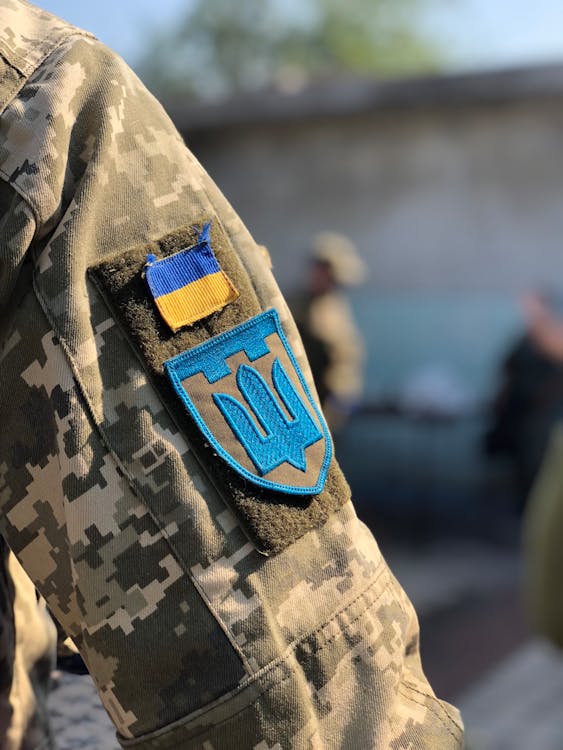The Russian war in Ukraine has brought death and destruction to Ukraine, the Russian military has suffered huge losses, Russian towns have been shelled and come under drone-attack, hundreds of thousands of Russian men were drafted into the army, Wagner mercenaries mutinied and marched on Moscow, and their leader Yevgeny Prigozhin later died in a plane crash. The International Criminal Court issued an arrest warrant for Russia's president for alleged war crimes. Now, Vladimir Putin's most vocal critic is dead.
Looking back, the direction of travel had been clear. In 2014, Russia had annexed Crimea from Ukraine and first intervened militarily in the Donbas. Alexei Navalny had been poisoned with a nerve agent in 2020 and jailed in 2021. Domestic repression in Russia pre-dates the invasion of Ukraine, but it has accelerated since.
Vladimir Putin, two years into this war, sounds increasingly confident and determined to defeat his enemies at home and abroad. He rails against America, NATO, and the EU and presents Russia's war in Ukraine as a war on Russia by the "collective West", an existential battle for his country's survival.
How and when will it end? I can't predict the future. However, I can recall the past. Former Nato chief Lord Robertson told me recently that the man who stood beside me in May 2002, right beside me, and said Ukraine is a sovereign and independent nation state which will make its own decisions about security, is now the man who says that [Ukraine] is not a nation state."
Lord Robertson even recalls Vladimir Putin contemplating Nato membership for Russia. At his second meeting with Putin, he said that they don't invite countries to join Nato, they apply. He said that they are not going to stand in line beside a bunch of countries who don't matter.
The Soviet Union was once recognized as the second superpower in the world, but Russia can't make any claims in that direction today. This changed Vladimir Putin's ego, and combined with the feebleness of the West and in many ways the provocations that he faced, as well as his own growing ego, he now sees Nato as a huge threat.
Moscow sees things differently. Russian officials claim it was Nato enlargement eastwards that undermined European security and led to war. They accuse Nato of breaking a promise to the Kremlin, made allegedly in the dying days of the USSR, that the alliance wouldn't accept countries previously in Moscow's orbit.
In the town of Solnechnogorsk, 40 miles from Moscow, the last two dramatic years of Russia's history are on display in the park. Graffiti in support of the Wagner mercenary group, flowers in memory of Alexei Navalny, and a large mural of two local men, Russian soldiers, killed in Ukraine are etched into stone. Marina Petrovna, passing by with her grandson, praises Russian soldiers who are "doing their duty" in Ukraine, but as a mother, she is frightened that her son will be called up to fight.



